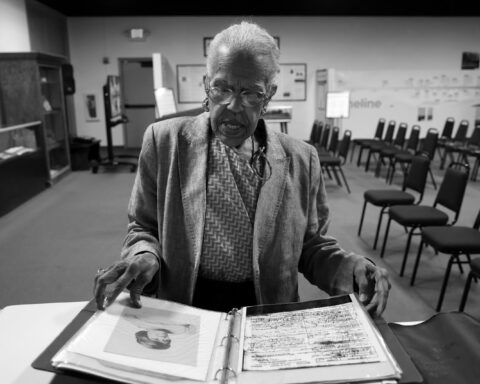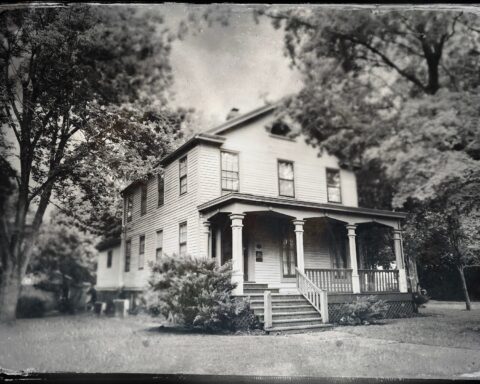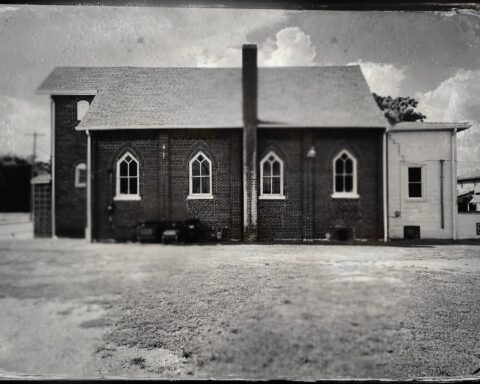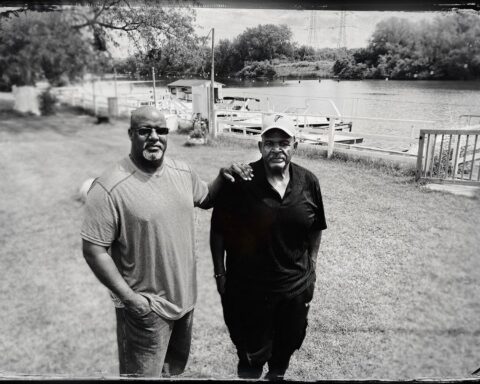As we share the Illinois stories and sites of the Underground Railroad, we are putting a spotlight on individuals who took action to abolish slavery in the United States — those who pushed for freedom consistently and in any conceivable way.
No one pushed harder than Black Americans.
Too often, details about the hundreds of years of bondage, trauma and disenfranchisement have been avoided, ignored or blatantly misrepresented. This project was conceived with the goal of centering stories from the Black community, with narratives about enslaved people’s paths to freedom, be it a first-person account, oral history passed through generations, or documentation that shares a glimpse of that journey.
In an effort to do that, here are useful terms important to our reporting and research. Many are preferred terms for those seeking to shift the way we view history, which often comes from the perspective of white abolitionists or historians, rather than from the enslaved people who were denied their most basic right to freedom.
13th Amendment: Amendment to the United States Constitution formally abolishing slavery.
Abolitionists: Members of a movement to end slavery and advocates for the full emancipation of enslaved people. Abolitionists also started the Republican Party.
AME church: African Methodist Episcopal churches. An independent Black denomination founded in Philadelphia in 1816. These churches frequently aided escapees on their journeys to freedom.
Enslaved person: A term that indicates enslavement is a status imposed on someone, separating their identity from the circumstance they are placed in. Similarly, the term enslaver recognizes that a person is not property that can be owned.
Freedom seekers: People who leave enslavement seeking freedom. The term prevents referring to African Americans within the context of criminality the chattel slavery system assigned them.
Fugitive Slave Act of 1850: This law made it easier for slave catchers to find and prosecute escaped enslaved people, allowing them to take harsher actions in their pursuit. It also required law enforcement to assist in seizing the freedom seekers. The 1850 law strengthened its 1793 predecessor, which made it legal for enslavers to hunt down freedom seekers in free states and bring them back to bondage — putting formerly enslaved people at risk of recapture for the rest of their lives.
Network to Freedom: National program for recognition and preservation of Underground Railroad sites through the National Park Service. More than 740 network locations across the United States have been designated as significant in our understanding of the Underground Railroad, freedom seekers and Black history.
Underground Railroad: Network of people who liberated themselves from slavery and those who helped and supported those seeking freedom. The commonly understood framework of a railroad was an easy way to share information about the network among activists and freedom seekers.





